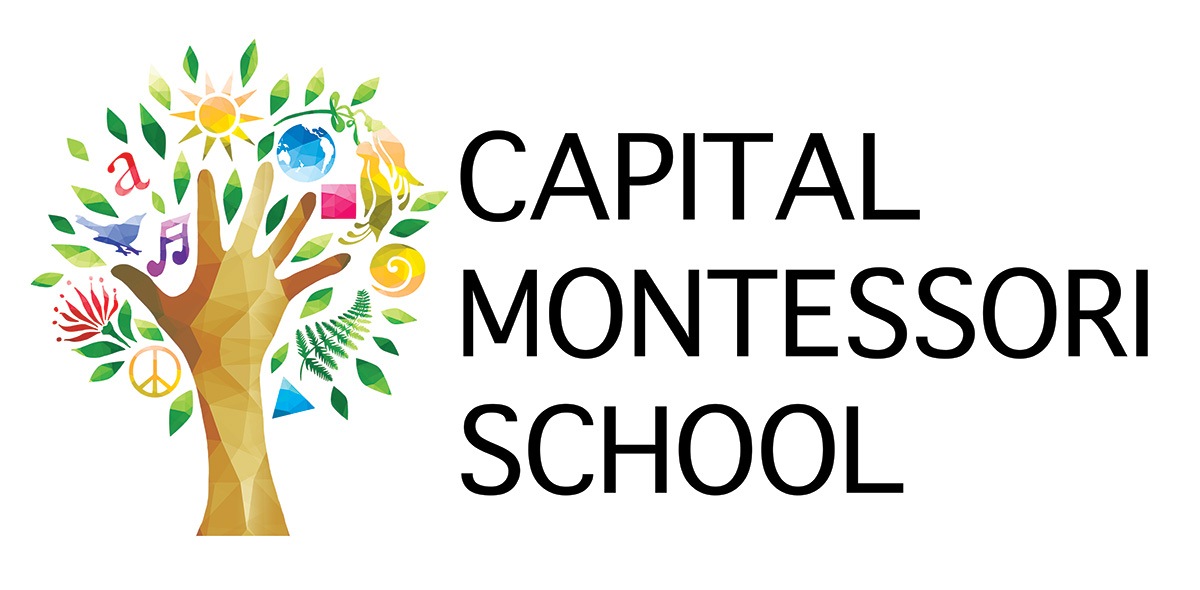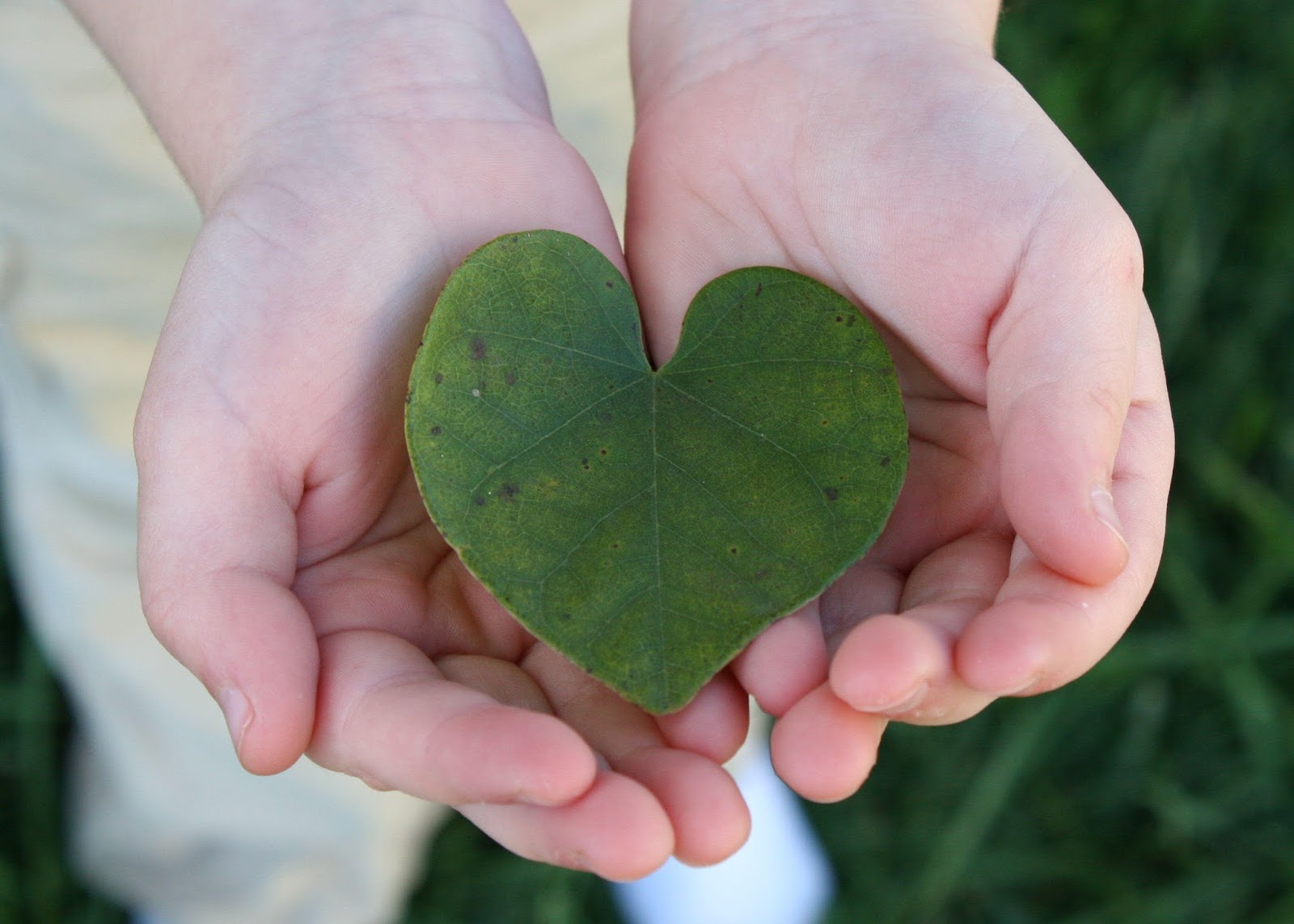A Passion for Montessori
Our first Capital Montessori Parent Academy this year was all about – Passion for Montessori.
Montessori communities around the world are passionate about so many things – kids, learning, independence, freedom, the environment, peace…to name just a few.
The purpose of our workshop was to discuss our choice of Montessori education and look at the reasons behind that choice. To help our families reflect on their choice, we compiled a collection of answers and views from Montessori families all over the world on ‘‘their four most important reasons for choosing Montessori’ and then presented the same question to our families to think about and add their own reasons.
The link is still active, so you can participate yourself, if you didn’t get to take part in the workshop. Here’s the link:
Why did you choose Montessori?
Seeing that so many families have similar reasons for choosing Montessori definitely made us feel a part of a wider community of Montessori families beyond our own school. It’s also likely that every Montessori family, no matter which part of the world they are from, reflects on the same matters and have the same hopes and concerns when it comes to their children. One of them is how to explain your choice of a Montessori education for your child to family and friends who are curious, but also often wary about you choosing a different path, than they have. We shared some great ideas and phrases to use when asked ‘why Montessori?’ by friends, family and others in the community.
CHOICE IN THE CLASSROOM
We also took some time to reflect on the phenomenon of choice from both a scientific and philosophical perspective. As you know, Montessori as a teaching method is built on independence and nurtures independent choices. We discussed how choice works for young children in the ‘Absorbent Mind’ phase of their development and how motivation changes into conscious, self-made choices after the age of 4.5 years, and how this transition is managed in the classroom.
I was very happy to be able to share a short video from a Montessori classroom showing how children make choices throughout the Montessori work cycle, and it was a lot of fun to reflect together on how similar a Montessori classroom is, wherever it is in the world.
A MONTESSORI MORNING
If you have a moment, take a look at ‘A Montessori Morning’ from Dundas Valley Montessori School in Canada, and see a morning in the classroom unfold in just five minutes:
https://www.youtube.com/watch?v=09Y-huCMjIc&t=22
NURTURING DECISION-MAKERS
We also touched on the philosophy and science behind decision-making and how Montessori prepares children to be good decision-makers in the future.
The essential qualities of a good decision maker: commitment, personal standards and values, personal accountability and ability to deal with consequences, adaptability and forward thinking can all be traced to our Practical Life, Grace and Courtesy, and Sensorial curriculum.
It’s here that the children learn how to select, carry out and finish their work, extending their skills and capabilities as they progress through carefully selected, sequential materials. Montessori materials, which have control of error built into them, provide feedback, which assist the child to understand the errors in the process of their work, find it and correct it in a no-pressure, guilt-free environment. In the Montessori classroom children learn that it’s ok to make mistakes and even more ok to work to correct them.
KEYS TO THE WORLD
Science tells us that the quality of choice depends on the ‘thresholds’ built in our brains from all the information we gather in life – our experience, if you like – and those thresholds provide our brain with information on the choices we are about to make. The more information there is in the threshold, the better the decision made. In Montessori we call them keys to the world – necessary information that gives the child enough information to classify, categorise and use, when the time comes to make decisions.
Tversky and Kahneman (1981, 2002) also link good choices to the experience of satisfaction or displeasure associated with the experience, to help the decision maker focus on the future experience after the decision has been made – “What will I feel then?” rather than on “ What do I want now?” This can be linked to the Montessori concepts of concentration and normalisation, when self-chosen and completed work brings great satisfaction to the child and the feeling of accomplishment motivates the child to make further choices and persevere when something is challenging.
TIME TRAVEL TO LITTLE KID TIME
At our next Parent Academy, Capital Montessori teacher Phyllis Somers will explore the 0-3 child and give you insight into what it is like to be a toddler.
We welcome visitors to our Parent Academy sessions so please feel free to invite along friends and family if they’re interested in any of the topics – it doesn’t matter if Montessori is their choice or they are just curious to learn more about the nature of children and how they develop.
Bibliography:
Amos Tversky, Daniel Kahneman, The Framing of Decisions and the Psychology of Choice, Science, Volume 211, Issue 4481 (Jan.30, 1981), 453-458.
Life Matters, Developing Decision Making Skills, retrieved from 111.mylifematters.com, 2017.
Aleksandra Zajac, Freedom and Self-discipline, Australian Centre for Montessori Studies, 2013.

